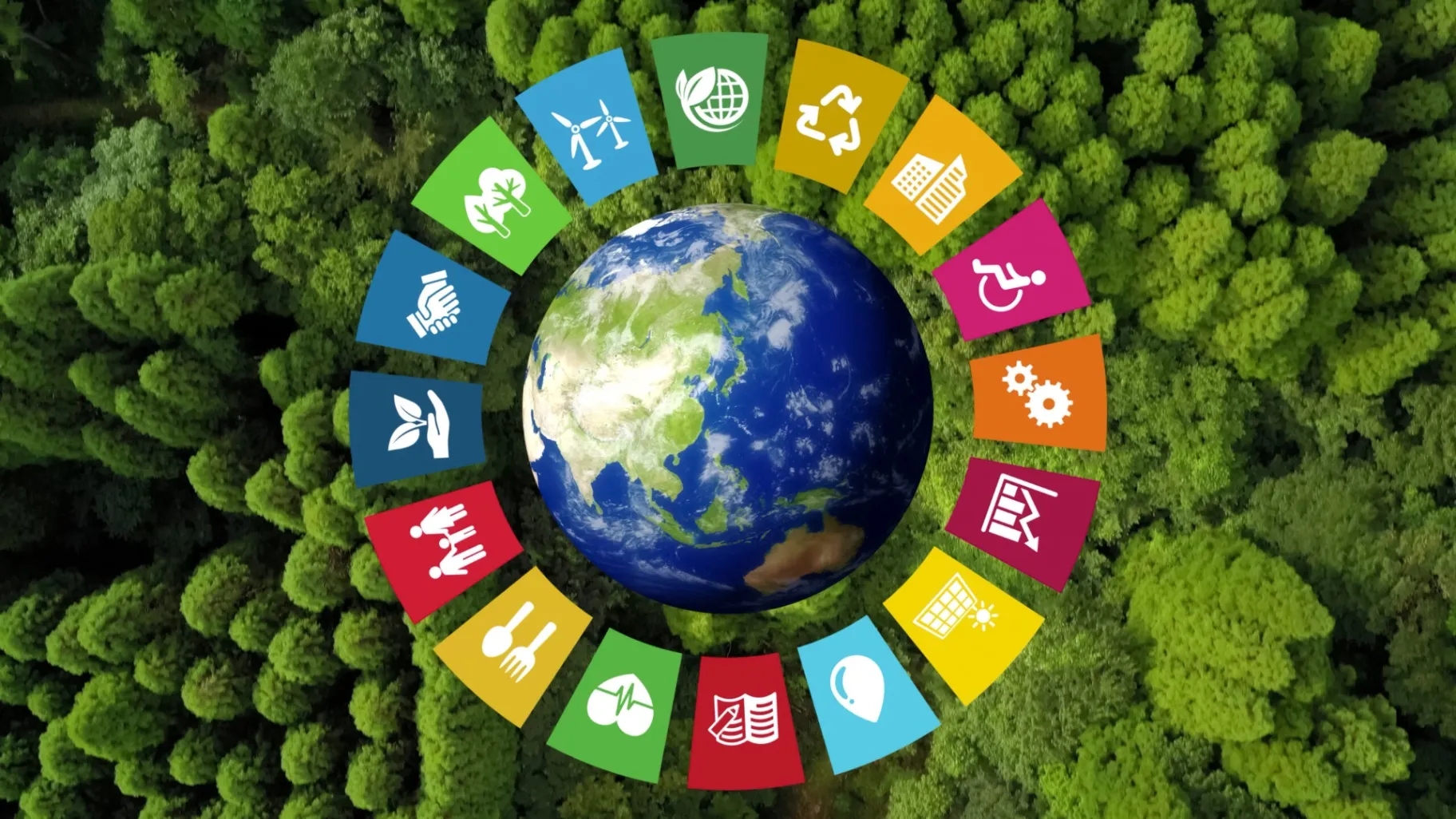Public budgets play a critical role in achieving a country’s sustainable development priorities. Therefore, it is important to ensure that national budgets are effectively aligned with Sustainable Development Goals (SDGs).
In an effort to ensure that Government spending contributes meaningfully to sustainable development, Sri Lanka has adopted an SDG budget coding and tagging system.
With the technical support of the United Nations Development Programme (UNDP) Sri Lanka, the Sustainable Development Council of Sri Lanka and the National Budget Department have developed a methodology to identify budgetary allocation levels, both capital and recurrent, for each SDG and its targets.
This initiative enhances transparency and accountability by systematically classifying public expenditure according to SDG-related guidelines, ensuring efficient resource allocation towards national development objectives.
The SDG budget tagging process follows a structured approach. It starts with the establishment of guiding principles to ensure that governments are clear on the purpose of budgeting for SDGs and associated reforms prior to implementation. These principles provide strategic direction for the reform agenda and help clearly communicate the rationale to stakeholders.
This is followed by formulating tagging criteria to ensure the comprehensiveness and universality of the SDGs, avoiding conflicting interpretations, determining the relationship between expenditure lines and SDGs based on objective criteria, and maintaining the integrity of SDG-related budget and expenditure reporting.
This is then integrated into the national budgeting process where all government institutions are required to classify public expenditure according to SDG-related guidelines. This classification is used to map the budget lines to the relevant SDGs and targets facilitating the production of a detailed SDG-related budget analysis, providing a foundation for evidence-based policymaking and financial planning aligned with the country’s long-term vision for sustainable development.
An analysis of the 2025 Budget according to the above criteria reflects a stronger focus on social welfare, health, education, and infrastructure. Notable increases in Budget allocations include a 2.11% increase in poverty eradication funding, from 6.54% in 2024 to 8.65% in 2025, aligning with SDG 1 (No Poverty), particularly SDG Target 1.3, on implementing nationally appropriate social protection systems.
This increase is primarily directed towards social protection programmes such as ‘Aswesuma’ and pensions for public officers, widows, and orphans.
The health sector budget has increased by 1.91%, from 3.62% to 5.53%, ensuring the uninterrupted supply of essential pharmaceuticals and medical supplies. This aligns with SDG 3 (Good Health and Well-being), particularly with SDG Target 3.8, which calls for access to quality essential healthcare services and medicines.
Similarly, the education sector has seen a 1.17% increase in allocation, rising from 2.34% to 3.51%. The additional funding aims to enhance primary and secondary education, Technical and Vocational Education and Training (TVET), and educational infrastructure. This aligns with SDG 4 (Quality Education) and SDG Target 4.3, focusing on ensuring equal access for all women and men to affordable and quality technical, vocational, and tertiary education.
Industry, innovation, and infrastructure funding has also grown from 3.43% to 5.16%, supporting the development of reliable and sustainable infrastructure for economic growth, in line with SDG 9 (Industry, Innovation, and Infrastructure) and SDG Target 9.1, which emphasises the development of quality, reliable, sustainable, and resilient infrastructure to support economic development and human well-being.
Critical areas that need further resources in order to accelerate progress are in SDG 5 on Gender Equality, SDG 14 on Life Below Water, and SDG 15 on Life on Land.
Promoting greater economic integration of women and supporting their leadership roles, in line with SDG Target 5.5, can help leverage their contribution to the economy as well as their meaningful participation in the decision-making process at all levels.
Additionally, tackling marine pollution, promoting sustainable fisheries, and strengthening ocean management are vital under SDG 14, particularly SDG Target 14.1, which aims to prevent and significantly reduce marine pollution.
Expanding and effectively managing national parks, restoring degraded habitats, and enhancing forest management are essential measures to support SDG 15, specifically SDG Target 15.1, which focuses on ensuring the conservation, restoration, and sustainable use of terrestrial and inland freshwater ecosystems.
Given the constrained fiscal space in the national Budget, urgent and priority attention must be placed on mobilising additional funding through new and alternative financing mechanisms, including through private investments and capital to support these critical SDGs and to ensure that Sri Lanka remains on track to achieve its sustainable development commitments by 2030.
(The writers are from the Sustainable Development Council of Sri Lanka)

